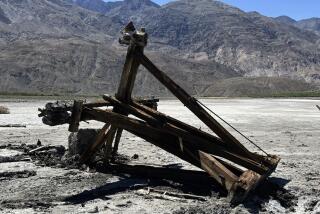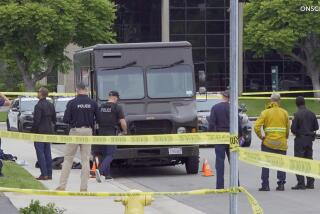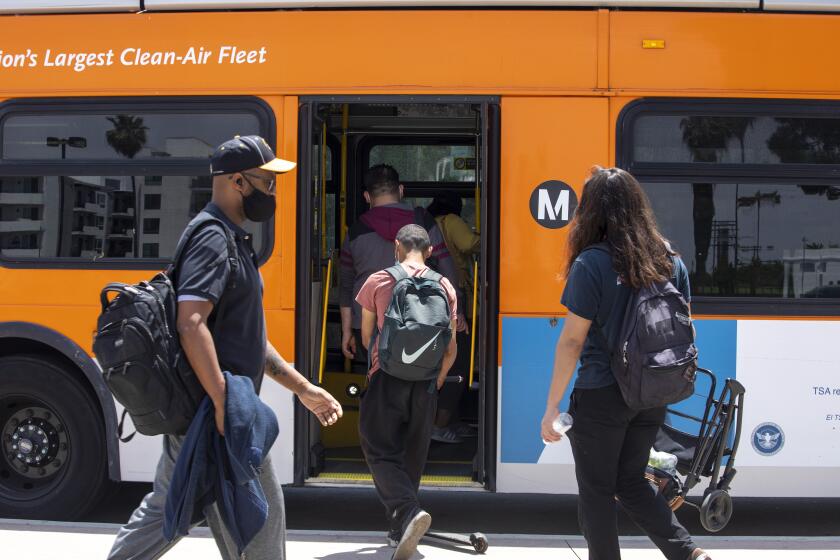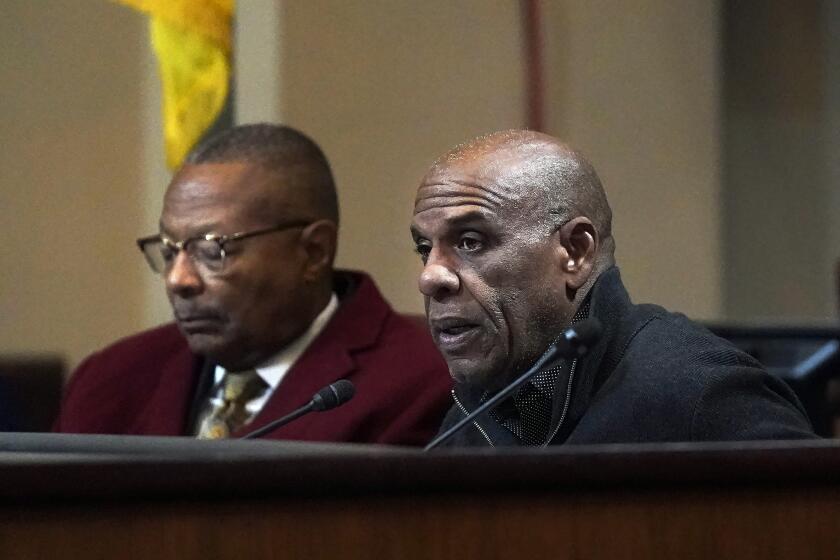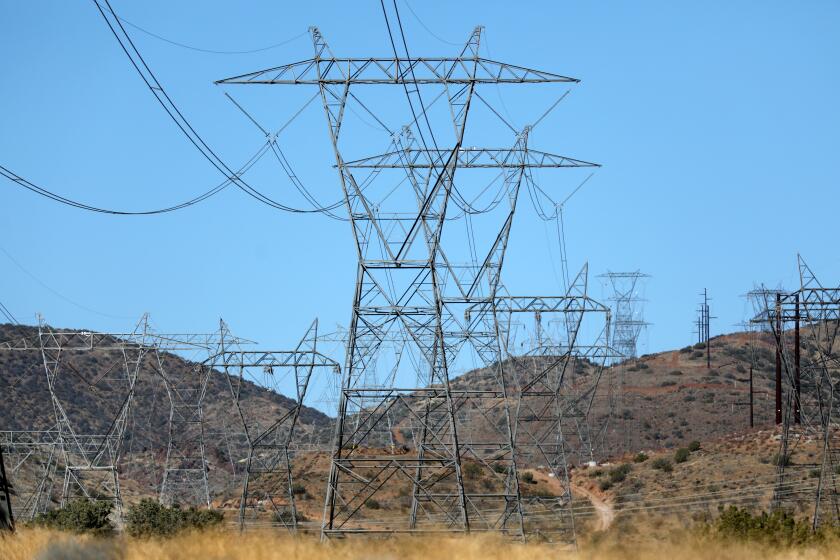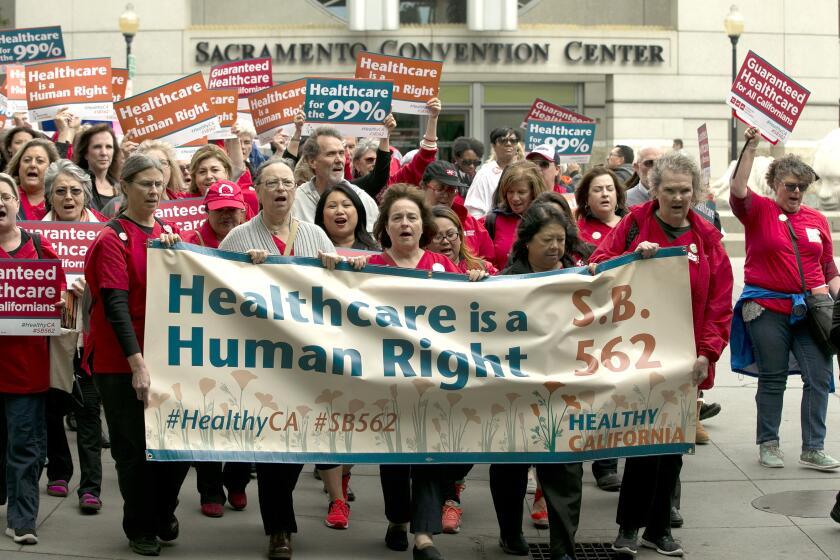‘I remember making a very conscious decision: I guess I am a drunk. I went with the flow.’
Seven years ago, a drunken Jim Huddleston was a frequent overnight guest at the “detox” center at Volunteers of America’s Alcoholism Services Center in downtown San Diego. He now directs it. A 33-year-old New Jersey native who began drinking as a youth and entered the Navy before he graduated from high school, Huddleston lost a career as a truck driver on the East Coast when his drinking cost him his driver’s license. Hoping for a new start in California, he hit bottom first. He was selling plasma and blacking out on booze in San Diego before he entered the VA Medical Center’s Alcohol Treatment Program in 1979. A job as a volunteer at the rehabilitation center downtown began his training in a new career that serves as inspiration to recovering alcoholics. He was interviewed by Times staff writer Nancy Reed and photographed by Dave Gatley.
It’s a mind blower that I am here. It is something I never pictured.
But there is no difference from me than the person lying over there on the mat. We are all the same, all people. I think that is how I can keep all this in perspective. It is just the way I think and feel that separates us, the viewpoint that I take.
Some people know when they are 7 or 8 years old that they want to become a doctor. For me, it just came a little later in life. And for some of the people in there, it is just going to happen a little later for them.
I really only had two interests in school. One was music--I started playing saxophone at age 10 and I played through junior high school--and the other was math. I thought about teaching math or becoming a musician. That kind of went astray when I was 13 and I began hanging out with fellas, partying real hard, and drinking. Those aspirations went out the window.
In the Navy, I was tested and attended an advanced course in aviation electronics. By the time I got there, my drinking was full blown. They had a drug exempt program, and if you turned yourself in as having a problem with drugs and alcohol, the impression that they gave you was that you would get some kind of help. So I turned myself in, and I ended up getting an administrative discharge for drinking. I was in the Navy for just under two years.
That was the first time I had ever asked for any kind of help. I was very angry and resentful at the time.
I remember making a very conscious decision: I guess I am a drunk. I went with the flow. I thought that God in his ultimate plan wants some people to be doctors, some to be lawyers and I guess he just wanted me to be a failure and a drunk.
I thought San Diego would be a nice place to live. The first thing I noticed about San Diego--the bus pulled in at about 1 o’clock in the morning--was that the liquor stores were still open on a Sunday night.
I found out in San Diego, when the cops stopped you, they would bring you to a place called detox. I had never in my life heard of anything like it. I ended up there quite a few times. You could avoid the hassle of being arrested, they bring you here, you sober up, and you go about your business. I thought it was great.
I noticed I would go to the mission and I would be looking at the people who gave the presentations and I would think, those people have something I don’t have. They had something in their eyes that you didn’t see in people on the streets. I was really curious to see what that was.
I haven’t had a drink since 1979. You have to keep on recovering until it becomes a part of you. My favorite saying is “Fake it till you make it.”
I had to learn how to handle disappointments or success. Hopefully, you learn from your experiences. When I was drinking, that was something I never did. I would act the fool and forget. I don’t have that option anymore.
It is not anything I set out to do, and sometimes the magnitude of all this really hits me, it’s a lot of responsibility and that hits me and grabs me.
The feeling we try to create here is like a family. As far as the staff and the people who live here and take part in the program, that is what I gear it toward, creating a family.
Everybody has their roles and functions. I’m too young to be a father. So I guess I am like an older brother in a fatherless family. It feels really good to be here.
More to Read
Start your day right
Sign up for Essential California for news, features and recommendations from the L.A. Times and beyond in your inbox six days a week.
You may occasionally receive promotional content from the Los Angeles Times.
